MARFAM FAMILY WEEKLY E-NEWSLETTER 10 JANUARY 2024
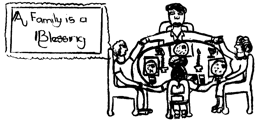
Many parishes offer holy water for the taking. In your family, then, do or did you have a holy water font to bless yourselves when coming or going in and out of the house? Did your parents or do you bless children with a sign of the cross on their forehead when going to bed? Do you do any of those things now in your family? Do you have your house or your car, your rosary or your pets blessed? Some communities follow a tradition, originally from Eastern Europe, that the feast of the Epiphany is an occasion for blessing a home and all those who live there, irrespective of who they are. Do you say grace at mealtimes, thank God and ask for God’s blessing on the food, those who prepared it and a spare a thought for others who have little or no food? Do you sign a letter or an email message by saying, “God bless you?” Do you have any special traditions or practices in your family or culture that are a form of giving, or of asking for a blessing and saying thank you, to whoever you understand to be your God. Is there some form of traditional blessing at certain stages of life? Some of these pious practices are ritual acts, part of a spirituality of family life, that are sometimes so ritualized they may be losing their true deeper meaning.
Catholics, unlike most other Christians, pray the Sign of the Cross and those very words are a statement of belief but do we say them unconsciously? Do we just wave a hand over our body or rattle off some words and don’t think about the fact that this is a blessing. I have recently become quite agitated about how we misuse this prayer, seemingly as an introduction to a “real” prayer when we pray at the start of a meeting, for the sick, for success in the year ahead, for work or good luck in a sporting match. Can I say blessings are a mixed blessing? I think they are, mainly because we don’t take them seriously enough. Or maybe we don’t understand or reflect enough on the fact that we are communicating with God in a particular way. After all does the word blessing not simply mean “speaking good to”?

I raised these questions as the issue of blessings has become a contentious talking point in the last month with the focus on a priest being able to give a blessing to a same-sex couple. All sorts of comments and arguments have been raised for and against. Can he bless individuals, but not two people together? Can a blessing, per se, been seen as recognition of a union which the Church does not recognize or approve? The answer is no, but confusion persists. The Vatican document “Fiducia supplicans” which was published in December and started the furore was composed by the Dicastery for the Doctrine of the Faith and has the approval of Pope Francis. It concerns the matter of allowing couples in irregular situations, including same-sex couples to receive a blessing. It very strongly incorporates the pastoral approach of the Holy Father towards every person and couple who is reaching out for God’s merciful love, while nothing is changed on the Church’s teaching of marriage.
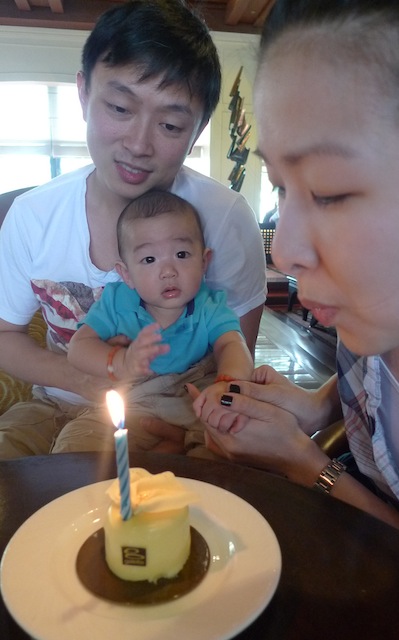
By way of explanation the document contains a detailed section on blessings and their meaning. However, it seemed to me that blessings, as such, are of the domain of the ordained ministry. The Church has a Book of Blessings too for many occasions. But I have found that there is much more to blessings that can and should be explored and adopted widely by us, believers, who have a relationship with God. Families in particular can and should benefit from the gift of blessings. Some points for clarity around this gift are noted:
- Firstly it is God who blesses, who offers us “a share in his life and love,” which is a simple explanation of the concept of grace. “In the first pages of the Bible, there is a continual repetition of blessings. God blesses, but humans also give blessings, and soon it turns out that the blessing possesses a special power, which accompanies those who receive it throughout their lives.” (FS 27) Pope Francis describes this kind of blessing that is offered to all without requiring anything.
- Blessings are spiritual and Jesus himself is the greatest blessing from the Father. There are two types of blessings described in the Vatican document. The descending blessing is from God to us. An example is the scripture reading from the book of Numbers for January 1. “The Lord bless you and keep you, let his face shine on you and give you peace…” The ascending blessing is our praise, thanksgiving and giving glory to God, “Bless the Lord my soul………” Psalm 103 and many others.
- Blessings are for everyone genuinely disposed towards God to offer and share. Examples in the Old and New Testament of blessings given by a variety of people are: fathers blessing their sons – Isaac with Jacob and Esau. Parents blessing children before a wedding. Tobit blessing his son before going on a journey. Jesus blessing children. Note that the term “blessing” is not always used.
- In his 2 December 2020 catechesis on Prayer and Blessings Pope Francis gave some very valuable insights. “To God who blesses, we too respond by blessing — God has taught us how to bless and we must bless — through the prayer of praise, of adoration, of thanksgiving. The Catechism writes: “The prayer of blessing is man’s response to God’s gifts: because God blesses, the human heart can in return bless the One who is the source of every blessing” (n. 2626). Prayer is joy and thanksgiving. God did not wait for us to convert before beginning to love us, but he loved us long before, when we were still in sin.
- We cannot just bless this God who blesses us; we must bless everyone in him, all people, bless God and bless our brothers and sisters, bless the world: this is the root of Christian meekness, the ability to feel blessed and the ability to bless. If we were all to do this, wars would surely not exist. This world needs blessings, and we can give blessings and receive blessings. The Father loves us, and the only thing that remains for us is the joy of blessing him, and the joy of thanking him, and of learning from him not to curse, but to bless.”
I return to the issue of same-sex unions, blessings and families. There are many different aspects to the wider issue of LGBTIQ+ in a family for individuals and couples. Parents struggle with the challenge, their beliefs and the reality. The young person struggle with a developing identity. A wide range of feelings and judgements surface that can cause bitter division and rejection and yet the love of a parent recognizes the desire for human fulfillment and happiness. Could this be likened to God’s own experience, a love that is parental love of children, in spite of and through the pain they inflict. Is that the blessing that merciful love requires.

Family life is filled with ups and downs, joys and sorrows, with blessings and crosses. It is what builds our humanity and makes us god-like. As a New Year’s resolution individuals and families could reflect and choose to introduce regular opportunities for family blessings, a cross on the forehead at bedtime, a moment to acknowledge the blessing of the Sign of the Cross, as, or with, a morning offering, a reaching out in gratitude for the food we have and remembrance to support those who do not have. “Bless us O Lord and these your gifts which we are about to receive from your goodness. Bless those who prepared it and make us ever mindful of the needs of others. Through Jesus Christ our Lord, Amen.” These and many more blessings are the essence of a family’s love life with God. TR FAMILY WEEKLY 10 JANUARY 2024
January 10th. Every person through their baptism receives a calling from God. Are parents always open to their children being called to serve God in a totally dedicated way in religious life? Do they encourage this, do they allow children to choose their own vocation in life, or expect them to follow a path they have chosen for them? Even though there might be a hope that a child will come into the family business, at this time of the year young people, whenever possible, are starting out to follow their own dreams in many different directions. Parents often make enormous sacrifices to make this possible. Are these sacrifices really appreciated?

THOUGHTS FOR THE DAY JANUARY 10. OUR BAPTISMAL CALLING.
Reflect, share. Scripture: Eli understood that it was the Lord who was calling the boy and he said, “Go and lie down and if someone calls say, “Speak Lord, your servant is listening.” Samuel 3:1-10. Pope Francis: The bishops of Southern Africa have stated, “everyone’s talents and involvement are needed to redress the damage caused by human abuse to God’s creation. All of us can cooperate as instrument of God for the care of creation, each according to his or her own culture, experience, involvements and talents. LS14 Pray: for openness to one’s calling and the needs of the Church and the world. Choose appropriate action.

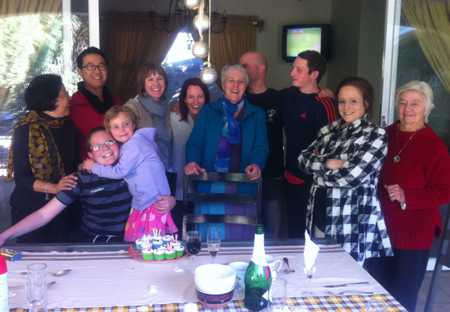
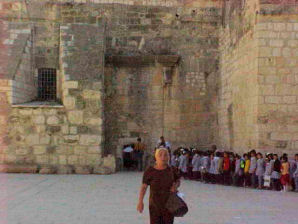
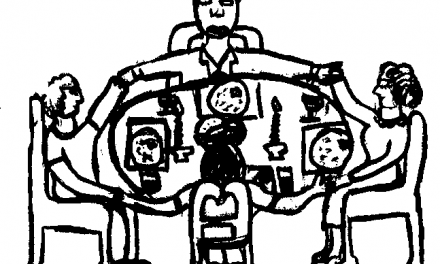
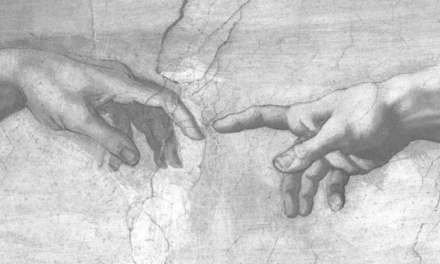
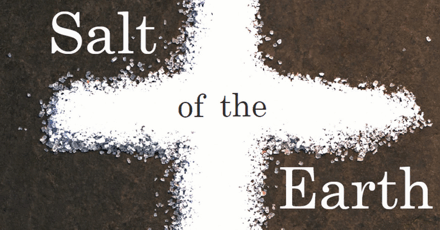
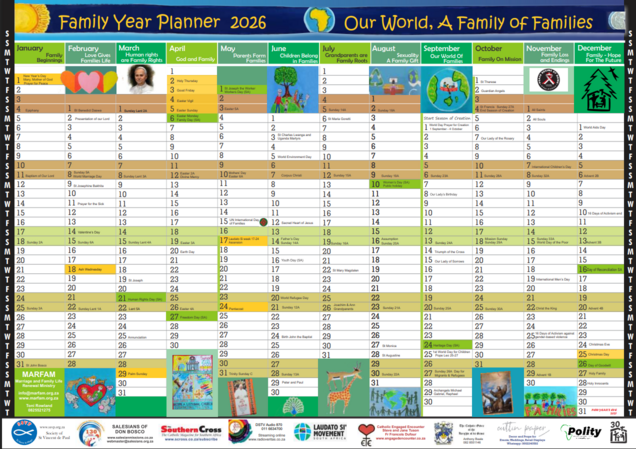
Recent Comments